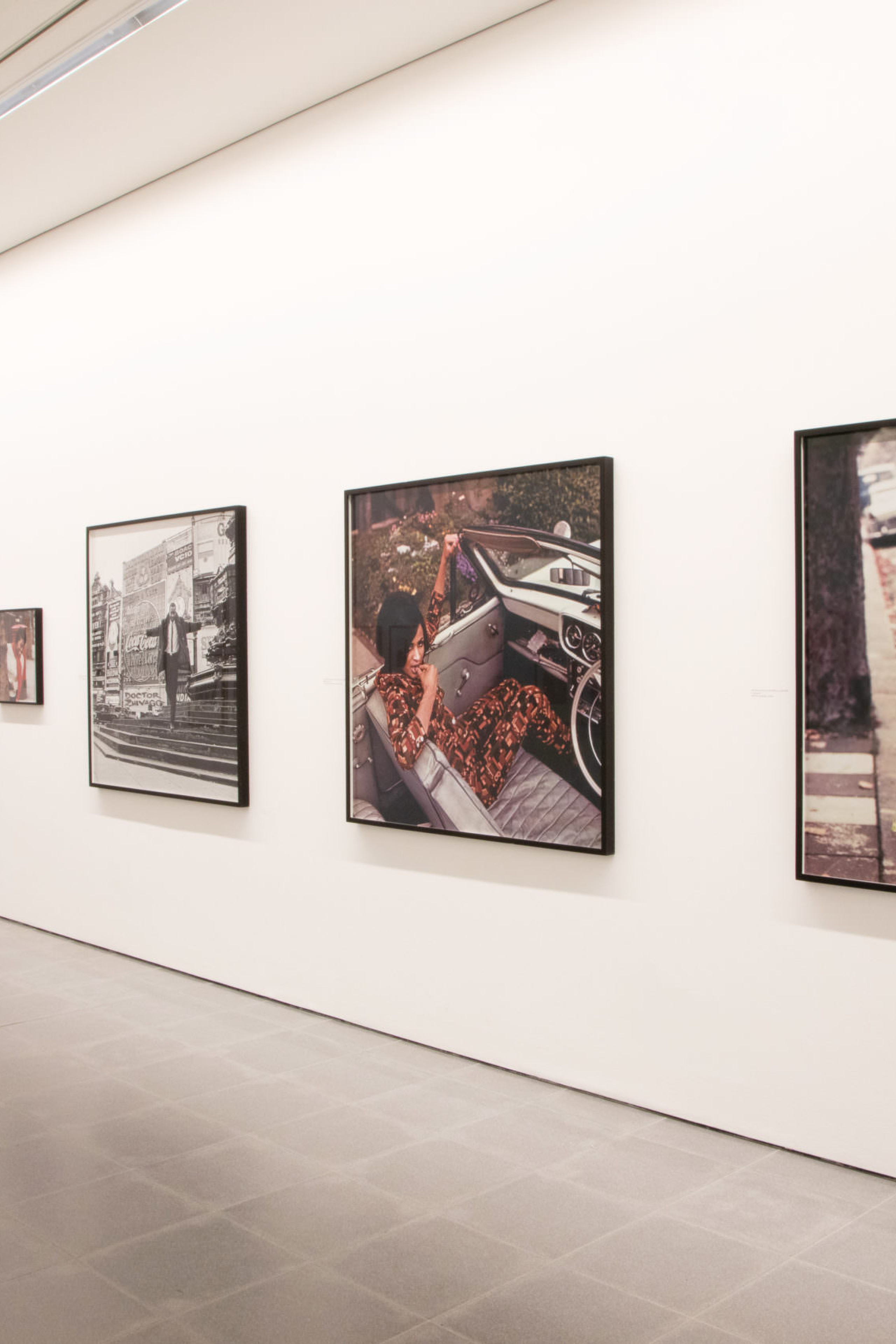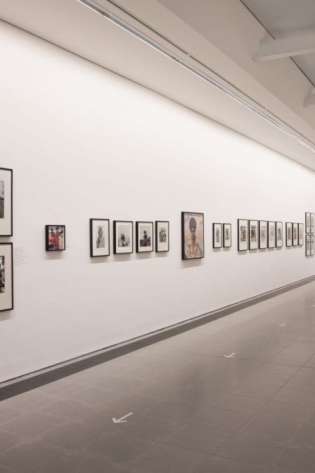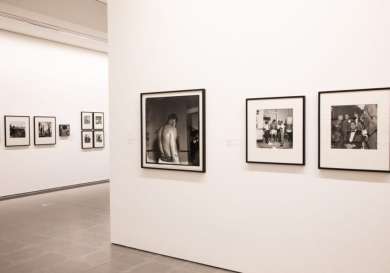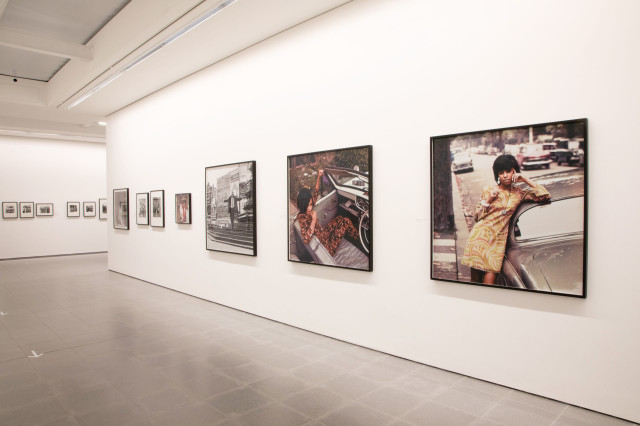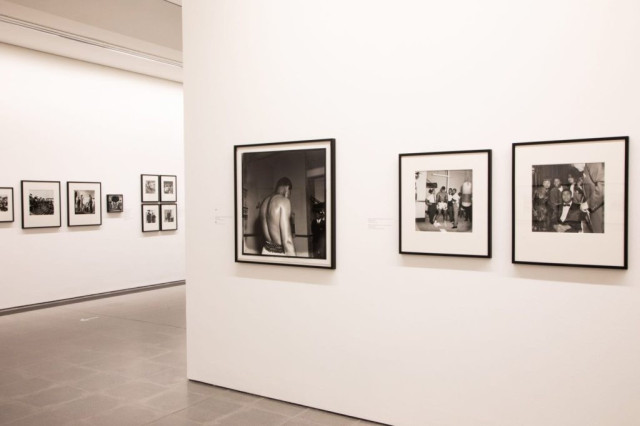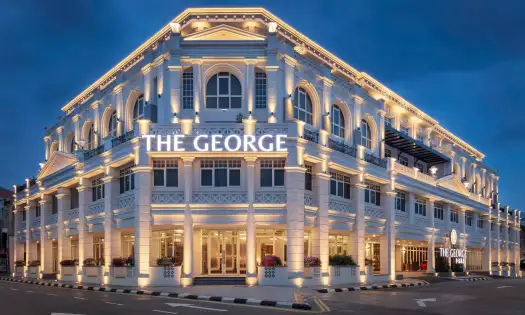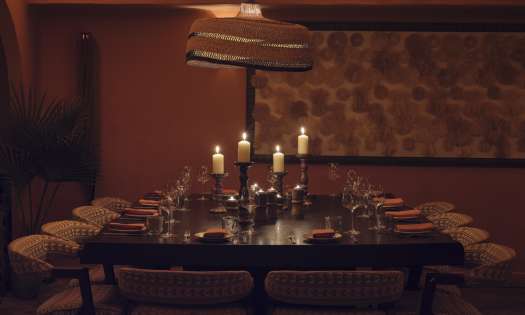In 1959 Barnor moved to London, and continued to capture African diaspora in ways only he could. Barnor’s most iconic photograph captures Mike Eghan, famous BBC Africa Service correspondent, jumping through Picadilly Circus in 1967, arms spread in joy. The subject takes prominence - we forget about iconic Picadilly Circus and are drawn solely to Eghan. This image is one of many in Barnor’s street photography series that truly captures the development in his photography, as well as showing a wonderful juxtaposition between his time in Accra and in London.
The familiarity to and ease of his subjects makes Barnor’s works especially significant - photographs of the ordinary Ghanaian feel just just as accessible as images of for example, Kwame Nkrumah, who is seen smiling and kicking around a football, at a pivotal time just before becoming Ghana’s first president post-independence. Muhammed Ali is hung equally to images Barnor took for pioneering South African magazine ‘Drum’, and Barnor captures a similar attitude in both, which elicits a rare personal connection with the subjects.
